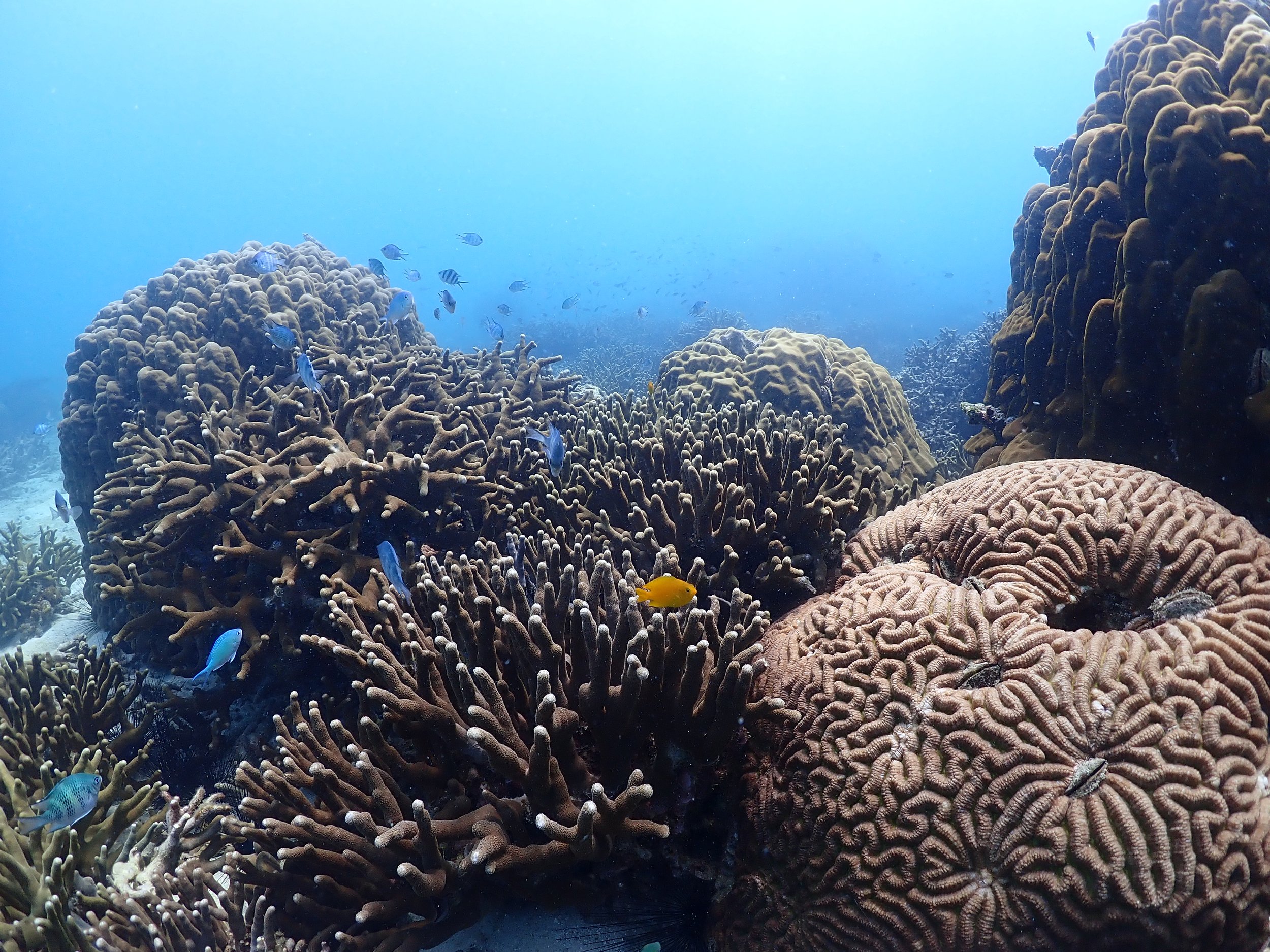It’s One Ocean
The ocean? The oceans? We can’t even find the right words to describe our lungs, supermarket and waste disposal system. Because that’s what the ocean is.
In fact, we don’t even have a consistent answer for how many there are – when I was a kid it was always five…but apparently historically there were four (Atlantic, Pacific, Indian and Arctic) with the fifth (Southern, or Antarctic) only being added more recently.
Not that it matters – it’s all one ocean, really, in terms of connectivity. So I’m going to use the singular and refer to Our Ocean.
The Importance of Our Ocean
Which, as I’m sure many people know, are incredibly important to life on earth.
Covering 71% of the earth’s surface, it is the single largest ecosystem in the world and in the past provided the channel through which significant global migrations could occur – Asia to the Americas, trans-Pacific ocean journeys.
It is our ocean
The ocean is the source of 50% of the oxygen we breathe, hosts an estimated 94% of all species on Earth and is home to the largest living structure on earth – the Great Barrier Reef. 37 of 50 critical minerals can be found in the ocean…Yet less than 10% of the ocean has been mapped.
Us vs Our Ocean?
And look how we treat this treasure. We treat it like a giant trash bin, and an open sewer. 8 million tons of plastic enter the ocean every year. Pollution from land clearing and urban settlements are released into it every day, not to mention oil spills, discarded fishing nets and coastal habitat destruction. We are over-fishing it to the point of collapse.
Some asset.
Climate Change And Our Ocean
And now climate change, bringing with it stronger storms and higher tides, causing even more damage to our own habitat, particularly for those living near the coast – as is common in this part of the world. Already we have seen houses swept away in storms stronger than local islanders can recall.
Not to mention ocean warming.
At a time when the ocean is facing ever-growing threats, it seems somehow appropriate that we celebrate World Ocean Day while we are experiencing what is now accepted as the 4th global coral bleaching event.
Coral bleaching in Pulau Aur and Pemanggil
One of our most important marine ecosystems, coral reefs is currently experiencing record temperature highs, which most scientists accept is a result of global heating.
First, they bleach – when warm water causes the coral to expel tiny algae that normally live inside their tissues. If the water stays too warm for too long, corals will start to die.
When the corals are stressed, they turn white as they expel the algae that provide them with its colour and nutrients
Our Corals Are Bleaching
Our surveys over recent weeks show that in some areas, over 50% of corals are bleaching. At one site in Tioman island, the percentage of the population bleached has increased from below 10% to nearly 30%...in 15 days.
We don’t know how long the water will stay warm – data from NOAA suggest it will be several weeks, and we can’t be certain whether there will be any coral mortality.
What Can We Do When The Corals Are Bleaching
But whatever happens, we need to do two things:
Immediately we need to look after the reefs we have by reducing local threats from tourism (sorry, but it’s the simplest, quickest solution in the short term) and waste and pollution, as well as managing coral predators.
In the medium term, we need to find ways to increase the resilience of coral reefs – addressing sewage pollution, for example.
But the biggest problem?
Global heating?
Sorry – can’t fix that. That is going to require international agreements – which frankly are not looking too likely at the moment, given the continuing expansion of fossil fuel extraction, continuing subsidies…ok, I won’t go on.
You know what the problems are.
So please: celebrate World Oceans Day; think about what the Ocean gives to society. Then think about what we would be losing if we don’t look after it.
Happy World Oceans Day.
______________________________________________________________________________________
If you'd like to support us, you can follow our social media pages for any updates on our work and volunteering opportunities, or you could also donate towards our cause.













